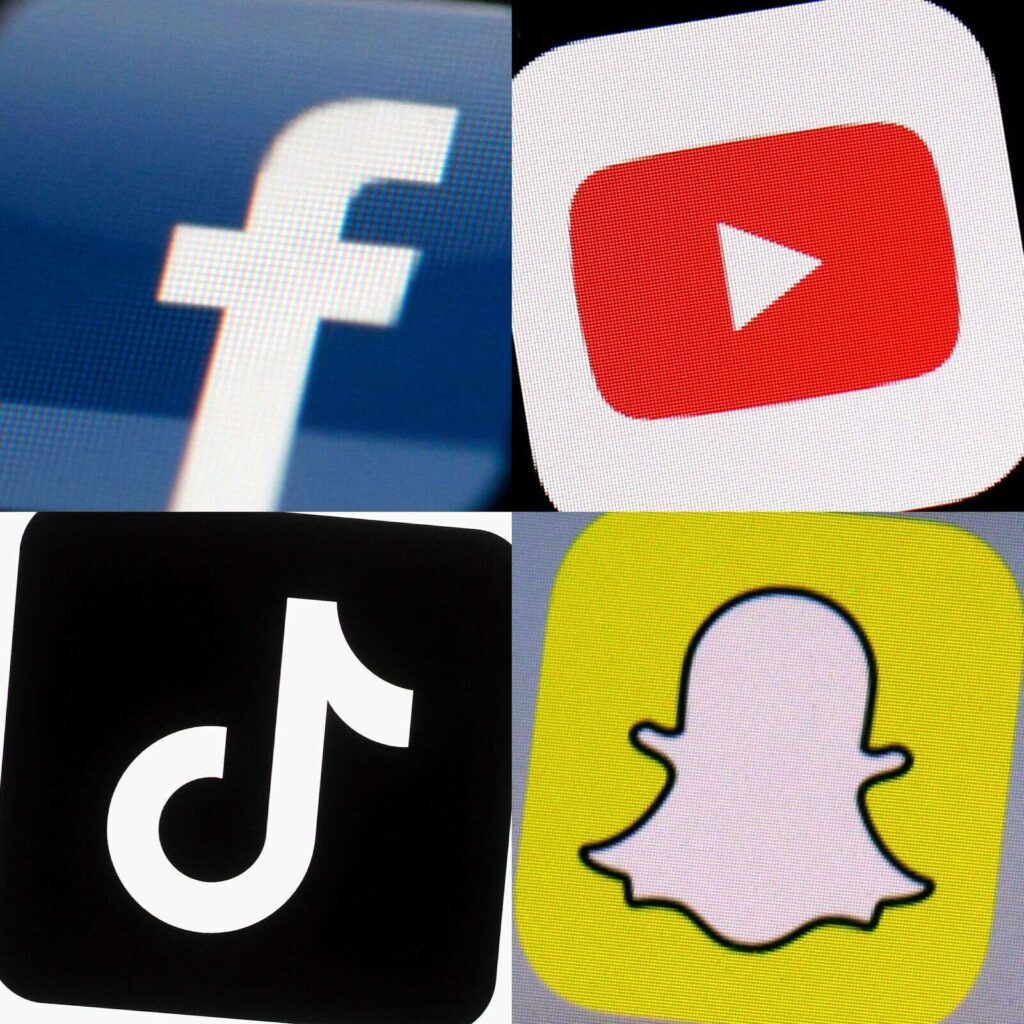The European Union (EU) has ramped up its efforts to ensure the safety of minors in the digital sphere, demanding explanations from major tech platforms such as Snapchat and YouTube regarding their measures to protect children from online harm. This move comes as 25 out of 27 EU member states expressed openness to exploring restrictions on social media access for minors, inspired by Australia’s ban on social media for under-16s. The EU’s Digital Services Act (DSA), a cornerstone of its regulatory framework, mandates platforms to tackle illegal content and safeguard children, though it has faced criticism from the US tech sector and threats of retaliation from former President Donald Trump. As part of its investigative actions under the DSA, the European Commission has requested detailed information from Snapchat on its strategies to prevent access for children under 13. Additionally, Apple’s App Store and Google Play have been asked to outline their measures to block the download of harmful apps, including those with gambling or sexual content. The EU is particularly focused on how these platforms prevent children from accessing tools that create non-consensual sexualized content, often referred to as ‘nudify apps,’ and how they enforce age ratings. Henna Virkkunen, the EU’s tech chief, emphasized the need for privacy, security, and safety, stating that the commission is tightening enforcement to ensure compliance. While requests for information can lead to probes and fines, they do not imply legal violations or immediate punitive actions. Snapchat has affirmed its commitment to safety, highlighting its existing privacy features, while Google has underscored its robust parental controls and protections for younger users. The EU is also investigating Meta’s Facebook and Instagram, as well as TikTok, over concerns about their addictive nature and insufficient measures to protect children. In parallel, EU telecoms ministers are discussing age verification on social media and broader strategies to enhance online safety for minors. European Commission President Ursula von der Leyen has personally endorsed these efforts, with 25 EU countries, alongside Norway and Iceland, supporting her initiative to study a potential bloc-wide digital majority age. Belgium and Estonia, however, did not sign the declaration, with Belgium advocating for open-minded approaches and Estonia prioritizing digital education over access bans. Denmark and France are also considering bans on social media for children under 15, signaling a growing trend toward stricter digital regulations for minors.
